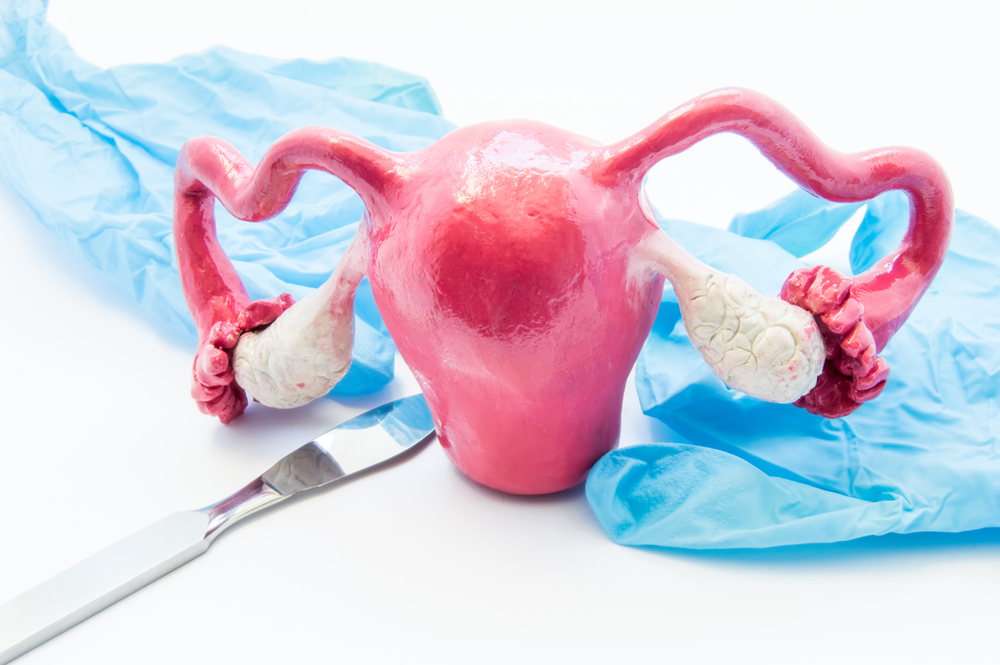
Postoperative Expectations After Robotic Hysterectomy
Hi, this is Dr. Morgan Taylor, one of the physicians here at Gyn LA. Today I’d like to talk a little bit about expectations following your robotic hysterectomy. What happens after the surgery is something that we always counsel patients about in the office before your surgery day, but with all the new information being thrown at you it’s easy to forget what was discussed. I’d like today to go over what to expect after the procedure. Hopefully this is something you can read later on as a reminder of what was discussed by myself or my partners.
First Hour
After your hysterectomy is completed, you will be initially sent to a recovery room where you will be monitored closely. For the next one or two hours, as you wake up from anesthesia, the recovery team will closely watch your pain/nausea and treat as necessary. Once it is felt that you'll be able to recover comfortably on the general hospital floor, you are transferred there and introduced to your nurse.
First Day
Looking ahead, after a robotic hysterectomy you will generally be kept in the hospital overnight and then, when meeting all your postoperative goals, you will be discharged midmorning, typically. Before allowing you to head home, your doctor needs to see that 1) your pain is well controlled, 2) that you’re tolerating food and water, 3) that you’re urinating without difficulty, and 4) are able to walk around your room and the hallway without any assistance that you didn't already have before the surgery.
The pain from the robotic incisions is generally well-controlled with Motrin or other over-the-counter pain medications, although you will be offered prescription level pain medicine in the hospital and at home as needed. It’s normal for one of your robotic incisions to hurt more than the others. You’ll usually be allowed to eat dinner the night following your surgery but of course we recommend taking it slowly with small bites and not eating if you feel full or at all nauseous. Sometimes your bowels need a night of rest to completely recover and you will have nausea medicine available from your nurse in case you get sick. You will come out of the surgery with a urinary catheter draining your bladder, but this is usually removed around dinner time and the nurse will remind you to try and urinate every several hours. Rarely, patients can have difficulty completely emptying their bladder secondary to the manipulation from surgery, but this generally resolves by morning after a night of bladder rest using the catheter. Finally, your nurse will assist you in getting around the evening after your surgery and in the morning and making sure you can ambulate in your room and outside the hallway safely and that your pain is under good control during your walks.
Your doctor will see you sometime in the morning the day after surgery and typically discharge at this time with the final discharge process being completed by mid-morning. You will be sent home with over-the-counter and prescription level pain medicine, pills to combat constipation if this arises, and sometimes nausea pills.
First Month
After a hysterectomy it will take approximately 10 to 14 days for you to get back to 75-80% your normal energy level and daily routine. During your recovery, you must be vigilant for the following symptoms: 1) vaginal spotting is normal but more than spotting is not; 2) fever greater than 100; 3) pain not controlled by medication; 4) vomiting not controlled by medication; 5) drainage, foul smell, or new redness involving one of your incisions. If you have one of these symptoms, or something you feel is urgent, please call our office.
By 10 to 14 days you will likely not require any pain medication at all, will experience a relatively normal appetite, and will be able to comfortably return to work. At home during your recovery your restrictions will be lifting no more than 10 pounds (such as a gallon of milk), nothing in your vagina, and no driving until you see your doctor in the clinic in 1 to 2 weeks.
When you see your doctor in the clinic he will ask how you are feeling, take a close look at your incisions to ensure these are healing well, and discuss the final pathology results with you. If your recovery is going well, you will be cleared to drive and return to work. He will see you again four weeks after this visit to make sure your vagina has completely healed along with your abdominal incisions and allow you to go back to your normal life routine. This will including stopping lifting restrictions and returning to normal sexual activity. Generally, this is your last postoperative check unless you have questions/issues and wish to schedule an appointment.
Hope this helps ease some of the anxiety associated with getting surgery. Best of luck and we’ll see you in clinic after your successful robotic hysterectomy!
Sincerely,
Dr. Morgan Taylor







